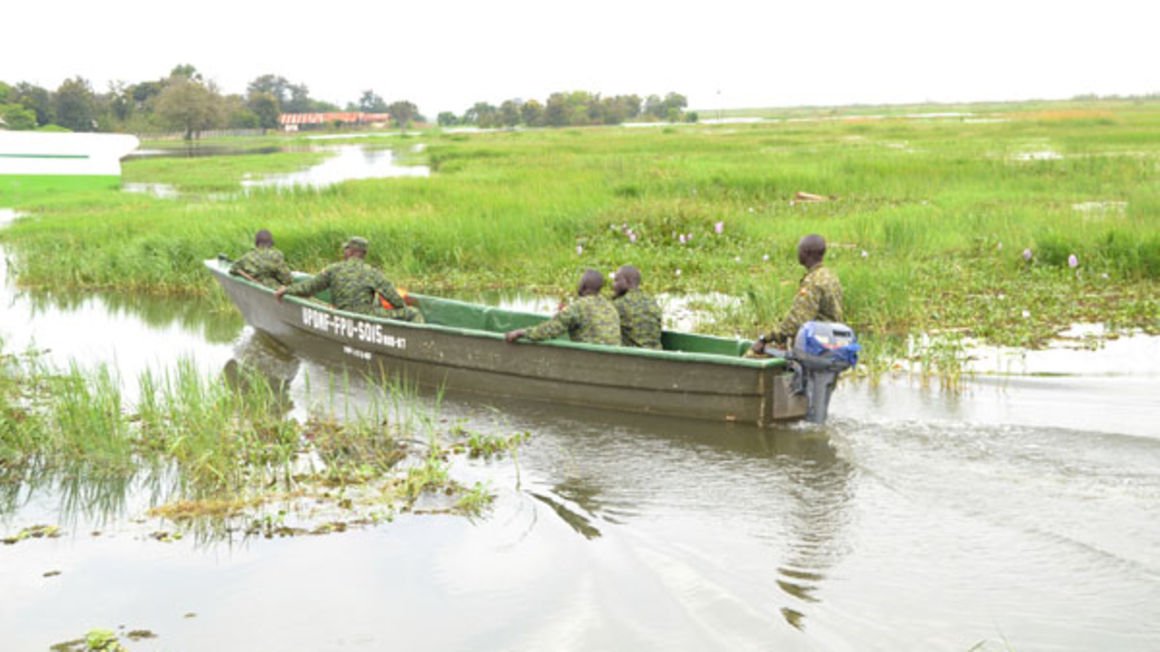Balance development needs with environmental conservation

What you need to know:
- The issue: Climate change
- Our view: Climate change is now among the growing causes of internal displacement as people move from areas where environmental resources have been depleted or where the climatic conditions are too harsh, increasing pressure onurban centres and other areas in search of a livelihood.
According to the recently released 2018-2019 Nema report titled the National State of the Environment Report, the country’s wetland coverage is fast declining and is set to be depleted in the next 25 years. The environmental watchdog says, we are losing at least 791 square kilometres, probably the size of several villages’ worth of wetlands each year. This is alarming news.
This environmental disaster is not far off at all as it could happen in many of our lifetimes or at least those of our children and/or grandchildren. This is tragic because of the multiple benefits we stand to lose alongside the wetlands. With the disappearance of wetlands, there will be habitat loss for fish and wildlife, including already endangered species that live there. Wetlands improve water quality and control erosion, not to mention benefits to recreation and tourism.
Our very own national emblem, the Crested Crane loves to nest in wetlands and river areas. The grey crowned crane is listed by the International Union for the Conservation of Nature as an endangered species.
This, among other things, should tell us the significance of the loss we stand to make. Although some level of wetland restoration is taking place, we are not getting the wetlands back at the same rate as we are losing them.
Wetlands are just one part of the environment that is under threat of exploitation for economic ends. Uganda’s forest cover stands at 1.9 million hectares, about 10 per cent of Uganda’s land cover area.
This is down from 4.9 million hectares 20 years ago, a loss of at least three million hectares. The same can be said of many other environmental resources that we rely on them for economic needs. Now is the time to act to ensure that we will still be able to shore up the economy and avert the consequences of the environmental disasater, chief among which is climate change.
Climate change is now among the growing causes of internal displacement as people move from areas where environmental resources have been depleted or where the climatic conditions are harsh, increasing pressure on urban centres and other areas in search of a livelihood.
The warning signs are here and we should not wait for the worst before balancing our use of the environment with our economic survival.




